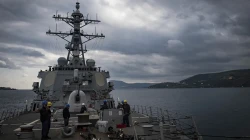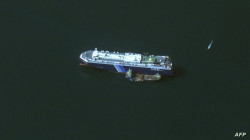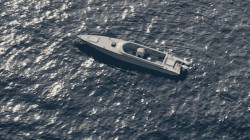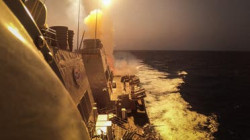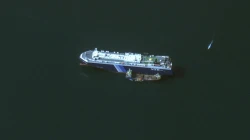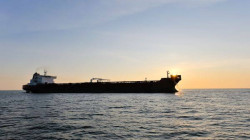US Forces thwart large-scale drone attack by Houthis over Red Sea
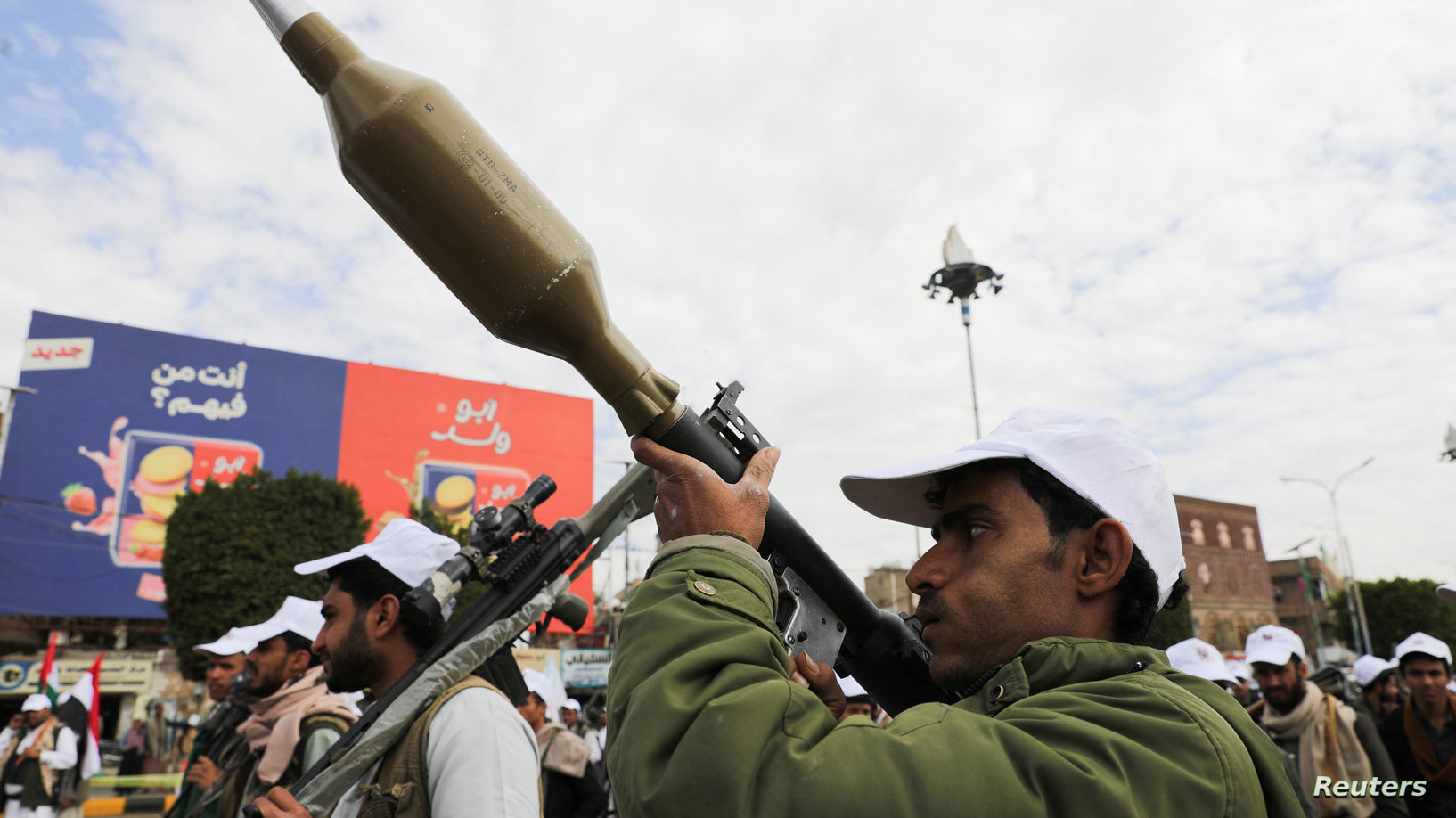
Shafaq News / The United States Central Command (CENTCOM) announced, on Saturday, the thwarting of a large-scale attack involving at least 28 drones launched by the Houthis in Yemen over the Red Sea.
CENTCOM stated that between 4:00 and 8:20 AM (Sanaa time) on Saturday, March 9th, further clashes occurred, during which US forces and coalition forces managed to down at least 28 unmanned aerial vehicles.
The statement continued, "No ships belonging to the US Navy or coalition forces were damaged in this attack, and there have been no reports from commercial ships of any damages."
CENTCOM reported in its announcement that the Houthi attack, described as "widespread," occurred just before dawn, noting that US forces and their allies perceived the drones as "an imminent threat to commercial and US naval vessels and coalition ships in the region."
In December, the United States established a multinational maritime coalition to protect navigation in the Red Sea against Houthi attacks, which forced commercial ships to alter their routes and avoid the maritime corridor through which 12% of global trade passes.
US and British forces have been conducting strikes on rebel targets since January 12th. The US military occasionally conducts strikes targeting sites, missiles, and drones prepared for launch.
The Houthis have been launching frequent drone and missile attacks on international commercial ships in the Gulf of Aden since mid-November.
They claim solidarity with Palestinians facing Israel's actions in Gaza.
These near-daily assaults have compelled companies to redirect their ships through longer and more expensive routes around Africa, sparking concerns about potential destabilization in the Middle East amid the ongoing conflict between Israel and Hamas.
In response to these attacks, the United States and Britain have targeted Houthi assets.
The impact of the Houthi decision reaches halfway to the Bab el-Mandeb Strait, a 20-kilometer-wide passage that serves as the gateway to the Red Sea. Approximately 15% of global shipping traffic transits through this strait to and from the Suez Canal.
Despite many Western accusations suggesting Iran influences Houthis to target vessels, both Tehran and the Yemeni group deny such claims. Iran asserts that Ansarallah makes independent decisions, akin to other movements in the "Axis of Resistance," which includes Lebanon's Hezbollah, Iraqi factions, and others.
All groups within the Axis have declared that their attacks will persist until a ceasefire is achieved in the Gaza Strip, where Israel's actions have resulted in the deaths of over 32,000 Palestinians, predominantly children and women.
The Israeli aggression has also displaced approximately 1.5 million people, leading to the destruction of infrastructure, hospitals, schools, and even UN facilities.
The United Nations reports that the Gaza Strip is currently experiencing famine conditions, exacerbated by Tel Aviv's rejection of humanitarian aid through Rafah.
Tragically, dozens of children, including newborns in Gaza have died of hunger so far.
